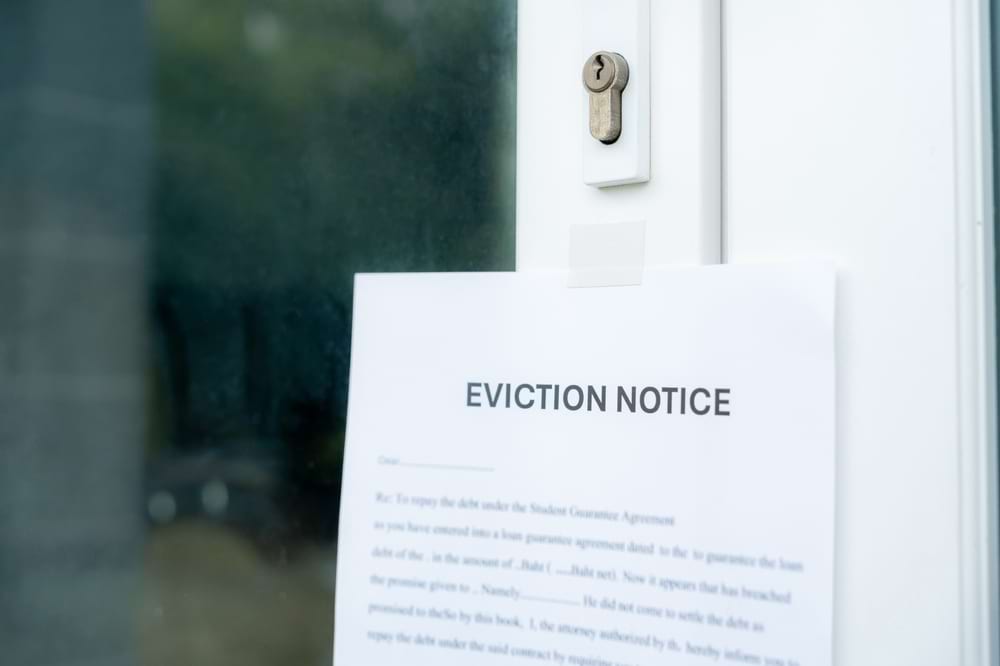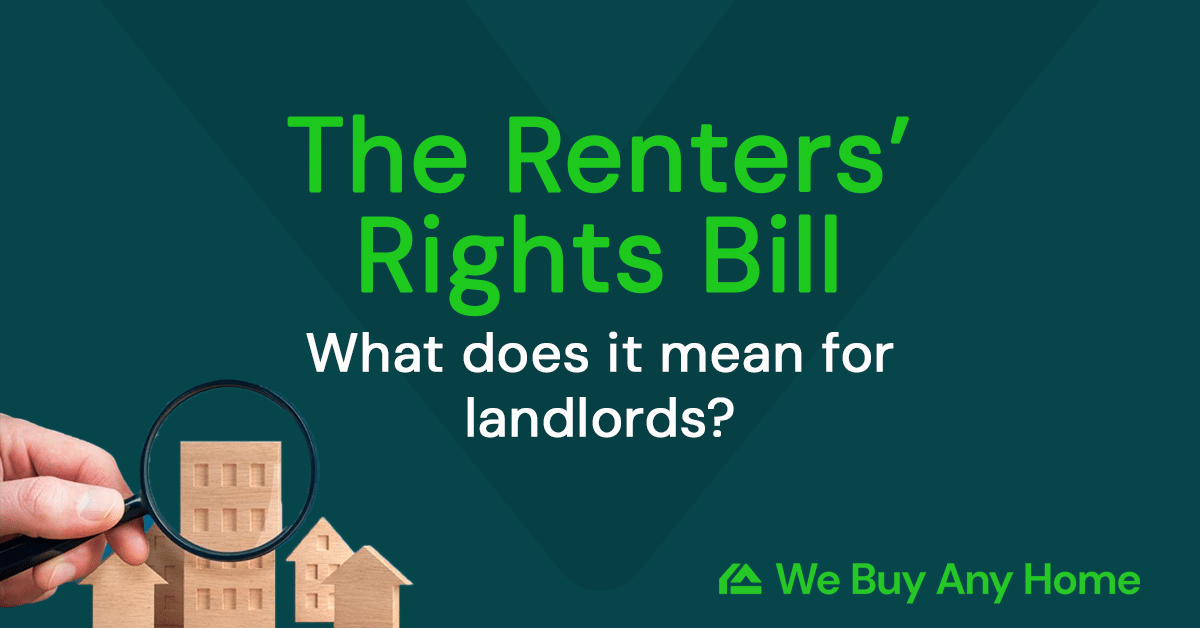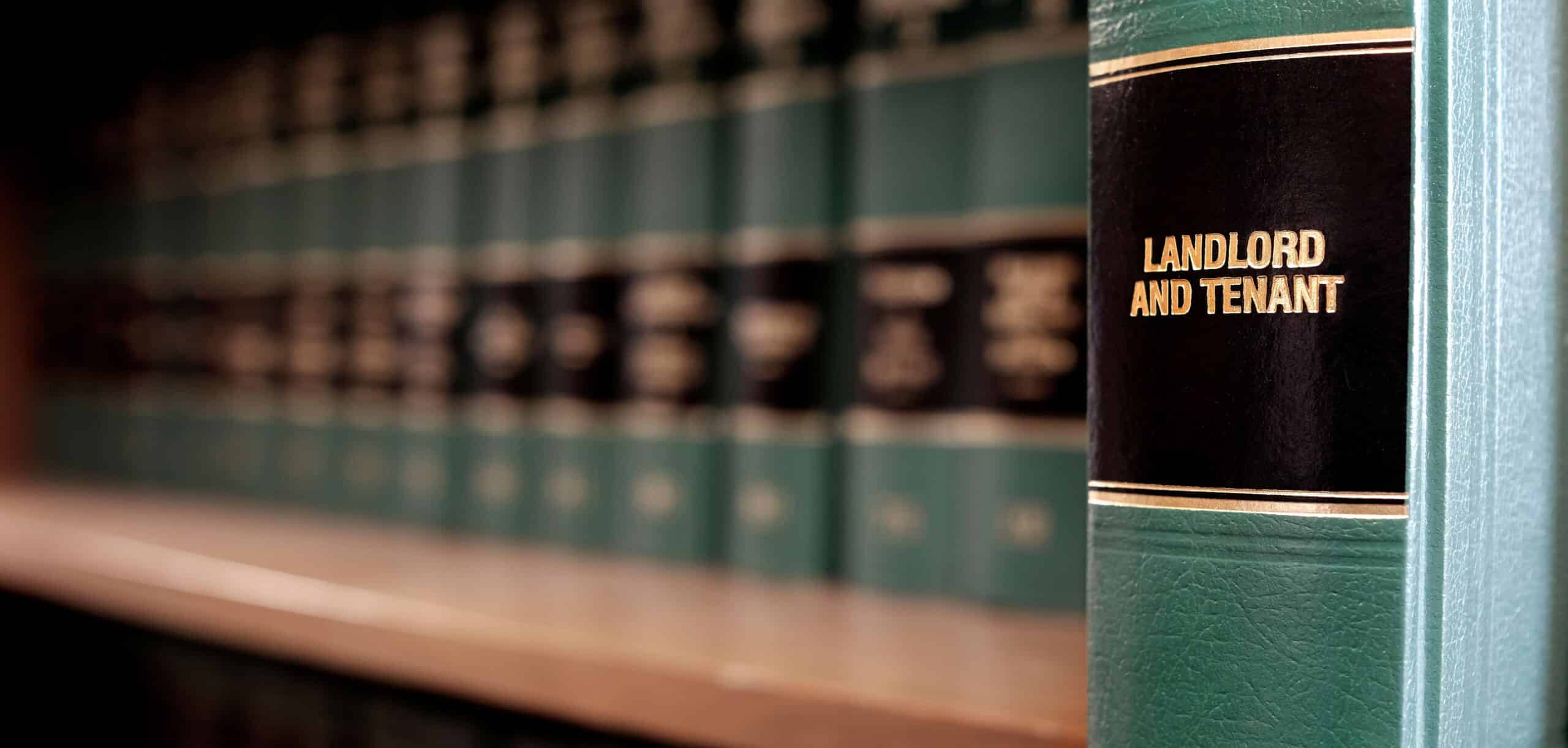Being a landlord can be difficult and risky.
This causes some landlords to sell their property and invest elsewhere.
Others take measures when taking on new tenants.
One of the most common measures is requiring a guarantor for rent.
What is a guarantor for rent?
In renting, a guarantor takes responsibility for a tenant’s missed payments or expenses.
This is a legal status that’s put in writing, often taken by a parent or family member.
It’s not always required. But landlords have the right to request it.
Reasons landlords ask for a guarantor
Landlords main concerns are:
The final category can cover a range of issues, from noise maintenance issues.
Either way, they could lead to evictions, which are costly and time-consuming.
Landlords already ask for deposits (which go into deposit protection schemes). But they may not feel these are enough to cover the potential damage and disruption of bad tenants.
General vs specific concerns
A landlord might be concerned about a potential tenant for various reasons.
This might be a general concern, i.e., not specific to the potential tenant in question.
For example, they might worry about student tenants being irresponsible. Or they may have had bad experiences with tenants in the past.
Other times, there may be specific concerns with the tenant in question. For example:
- Fluctuating income
- No credit history
- A bad credit score.
- No history of living in the UK.
And more.
Eligible guarantors
A guarantor can be almost anyone over the age of 21.
Each organisation and person have their own criteria for an ‘acceptable’ guarantor.
Usually, as long as they are over 21 and have a decent history of making payments, then it won’t be a problem.
Guarantor checks
Landlords typically require evidence of guarantors’ identity and financial situation, including:
- Proof of ID
- Credit checks
- Proof of recent pay stubs (P60).
- Proof of address (may be needed).
Some landlords also request to speak to guarantors on the phone or meet them in person.
Guarantors are liable for unpaid rent
A guarantor for rent agrees to be liable for payment if the main person fails to meet their obligation. This is typically put in writing at the start of the rental period.
If the guarantor fails to uphold this, they can be taken to court.
This will usually be done via a County Court, where they may receive a county court judgement. (Or even a small claims court, depending on the amount.)
Guarantors declared bankrupt might avoid paying what’s owed.



















